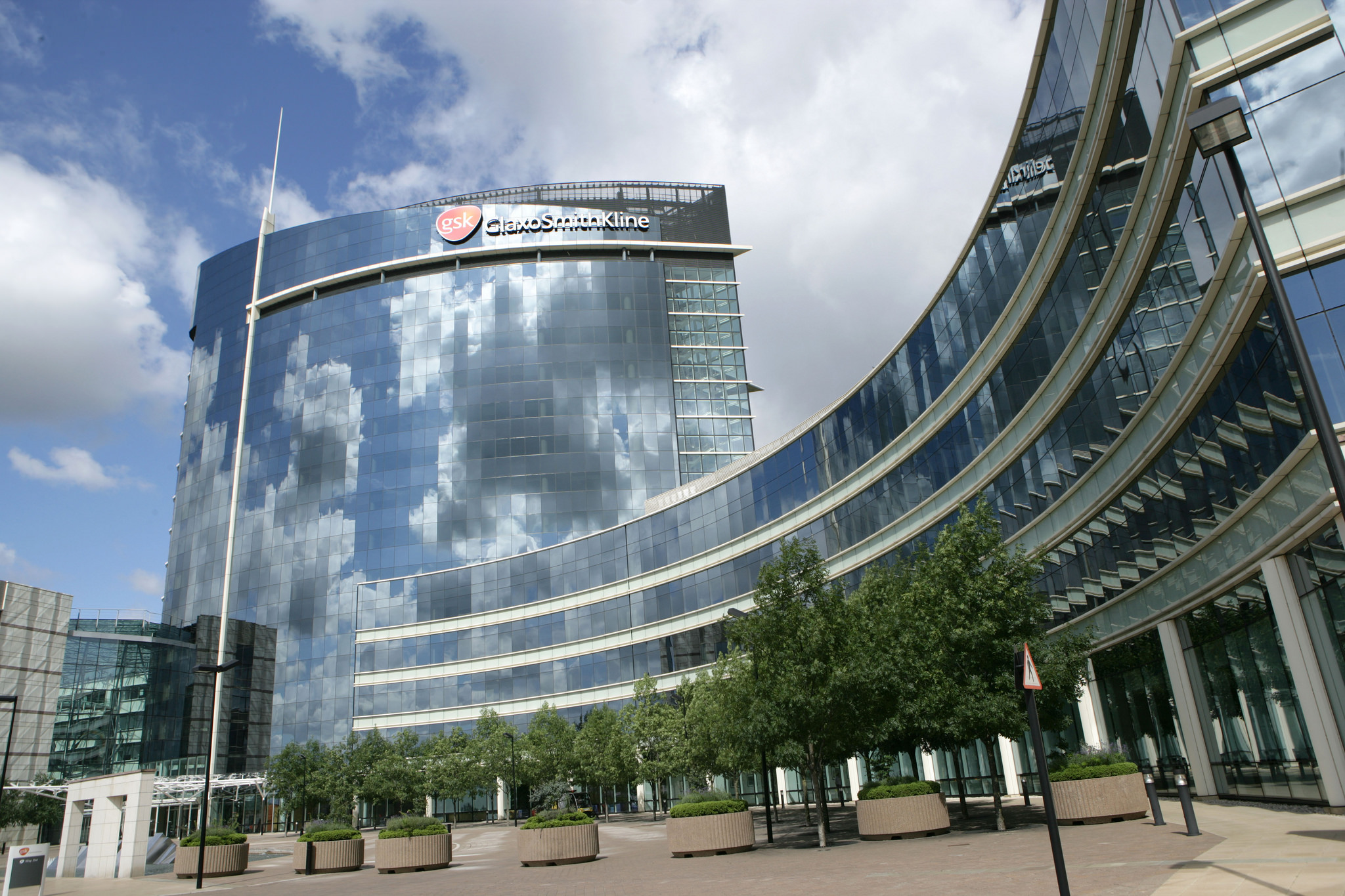GSK and Vir take COVID-19 antibody therapy into clinic

GlaxoSmithKline and US-based Vir Biotechnology are to trial a new therapy for COVID-19 based on an antibody designed to neutralise the SARS-CoV-2 coronavirus.
The move brings GSK and Vir into competition with Sanofi and Regeneron, who are developing a cocktail based around two antibodies that could be effective against the virus.
These antibodies could be used as either as a therapeutic or given as prophylactic treatment to those who are at high risk of catching the virus, such as medical staff or those who are living in areas of high prevalence.
Following a collaboration announced in April GSK and Vir will focus on testing the safety and efficacy of the antibody known as VIR-7831, and also GSK4182136, in preventing hospitalisation due to COVID-19.
The results of the phase 2/3 COMET-ICE study could be available before the end of 2020, with early access as soon as the first half of next year if the trial goes well.
The trial will recruit around 1,300 patients worldwide who have early symptomatic infection and will assess whether VIR-7831, as a single-dose monoclonal antibody, can prevent hospitalisation due to COVID-19.
It will be split into two parts - a lead-in that will assess safety and tolerability of a single 500 mg infusion with around 20 patients, followed by an expansion phase testing safety and efficacy in around 1,300 patients.
The goal of the last part of the trial is to cut the number of patients whose condition worsens within 29 days of randomisation.
Vir says it has identified unique antibodies from survivors that may work by blocking the virus from infecting new cells (neutralisation) and by recruiting the immune system to eliminate infected cells (effector function).
A key feature of SARS-CoV-2 is the spike protein that covers the virus’ outer surface, which is also a target for most of the vaccines that are being developed to counter the pandemic.
The virus uses these spike proteins to bind to and enter human cells, leading to infection.
Scientists hope that monoclonal antibodies directed against the spike proteins could provide a therapy against COVID-19.
Preclinical studies with VIR-7831 have showed that it had a high affinity for the spike protein and high potency in neutralising the virus.
Later this year, the companies expect to start a phase 2 trial of their other investigational SARS-CoV-2 neutralising antibody, VIR-7832, which shares the same characteristics as VIR-7831 but may function as a therapeutic and/or prophylactic T cell vaccine.











